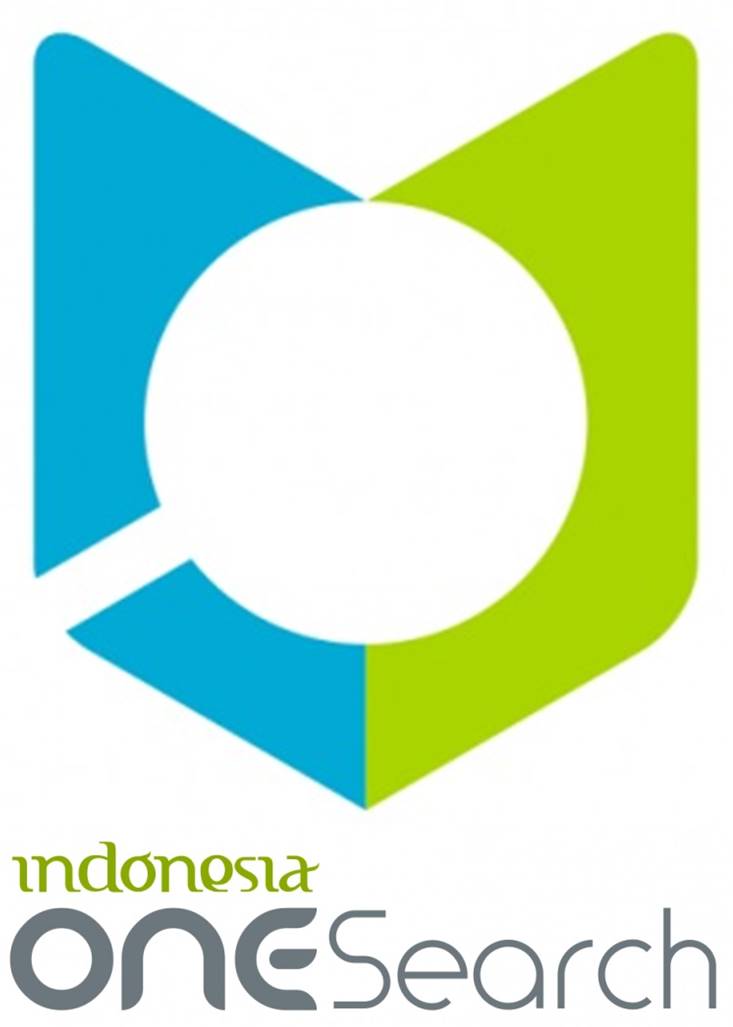Medical authority in Indonesian clinical : An app-based telemedicine program
Abstract
Background : Doctors who practice through application-based telemedicine do not have a clear legal regarding the services they provide. Telemedicine regulations that exist in Indonesia are still inadequate to cover all actions in telemedicine transactions, especially for legal protection for doctors who are legal subjects in this transaction. Given that until now, every telemedicine transaction must be under a Health Service Facility or an Online Doctor Consultation Service Provider. Thus, the doctor here as a provider of consulting services is actually not the main person who makes this transaction possible
Method: Normative juridical approach, namely research conducted byhow to examine theories, concepts, legal principles and legislation related to this research
Results: Article 50 of law number 29 of 2004 concerning medical practice explains that a doctor has the right to obtain legal protection as long as his actions are in accordance with professional standards and standard operating procedures. In terms of application-based telemedicine, doctors do not have a practice permit, but during the COVID-19 pandemic, telemedicine was developed massively, the pandemic was considered an emergency, so the KKI regulation NUMBER 74 of 2020 concerning clinical authority and medical practice through telemedicine was issued during the COVID-19 period. The limit of clinical authority for application-based telemedicine practice is limited to consultation, not including medical action and administration of hard drugs.
Conclusion: A doctor who has pocketed the STR is authorized to provide health services in accordance with his competence. The authority obtained by a doctor who has an STR is a form of recognition given by the government to the doctor concerned that he is worthy to provide health services in the form of medical practice. The limit of clinical authority for application-based telemedicine practice is limited to consultation, not including medical action and administration of hard drugs.
Keywords
References
Afandi, H. A., Suharto, G., Utomo, U., & Machroes, B. H. (2021). Peran Telemedicine Di Masa Pandemi Covid 19. Jurnal Forensik dan Medikolegal Indonesia, 3(1), 237-246.
Andrianto, W., & Fajrina, A. R. (2021). Tinjauan Perbandingan Penyelenggaraan Telemedicine Antara Indonesia Dan Amerika Serikat. Jurnal Hukum Kesehatan Indonesia, 1(02), 70-85.
Anwar, A. (2013). Aspek Hukum Penggunaan Telemedicine. FIKI 2013, 1(1).
Awaluddin, M. A., Warka, M., & Budiarsih, B. (2019). Perlindungan Hukum Teradap Pasien Yang Memperoleh Pelayanan Kesehatan Berbasis Online. Jurnal Akrab Juara, 4(5), 264-280.
Hutomo, M., & Suhartana, L. W. P. (2020). Perlindungan Hukum Terhadap Pasien Pengguna Jasa Layanan Kesehatan Online. Jurnal Education and development, 8(3), 967-967.
Iswandari, H. D. (2006). Aspek hukum penyelenggaraan praktik kedokteran: suatu tinjauan berdasarkan undang-undang No. 9/2004 tentang praktik kedokteran. Jurnal Manajemen Pelayanan Kesehatan, 9(2), 52-7.
Kuntardjo, C. (2020). Dimensions of ethics and telemedicine in Indonesia: Enough of Permenkes Number 20 year 2019 as a frame of telemedicine practices in Indonesia?. Soepra, 6(1), 1-14.
Ministry of Health of the Republic of Indonesia. (2019). Minister of Health Regulation No. 20 of 2019. www.kemkes.go.id
Primavita, S., Alawiya, N., & Afwa, U. (2021). Tanggung Jawab Hukum Dokter Dalam Pelayanan Telemedicine.
Ratman, D. (2014). Aspek Hukum Penyelenggaraan Praktek Kedokteran dan Malpraktek Medik. Bandung: Keni Media.
Saleem, S. M., Pasquale, L. R., Sidoti, P. A., & Tsai, J. C. (2020). Virtual ophthalmology: telemedicine in a COVID-19 era. American journal of ophthalmology, 216, 237-242.
Veronica, K., & Dhani, K. (2018). Kompetensi Dan Kewenangan Praktik Kedokteran: Perspektif Hukum Di Indonesia. Jurnal Ilmu Hukum, Hukum, 4.
Ziviani, J., Lennox, N., Allison, H., Lyons, M., & Del Mar, C. (2004). Meeting in the middle: improving communication in primary health care consultations with people with an intellectual disability. Journal of Intellectual and Developmental Disability, 29(3), 211-225.
DOI: https://doi.org/10.33024/minh.v6i3.11639
Refbacks
- There are currently no refbacks.
Copyright (c) 2023 Malahayati International Journal of Nursing and Health Science

This work is licensed under a Creative Commons Attribution-NonCommercial 4.0 International License.
Weblink Journal move to Journal Website
https://e-jurnal.iphorr.com/index.php/minh/home
Weblink Jurnal berpindah ke Website Jurnal
https://e-jurnal.iphorr.com/index.php/minh/home




















